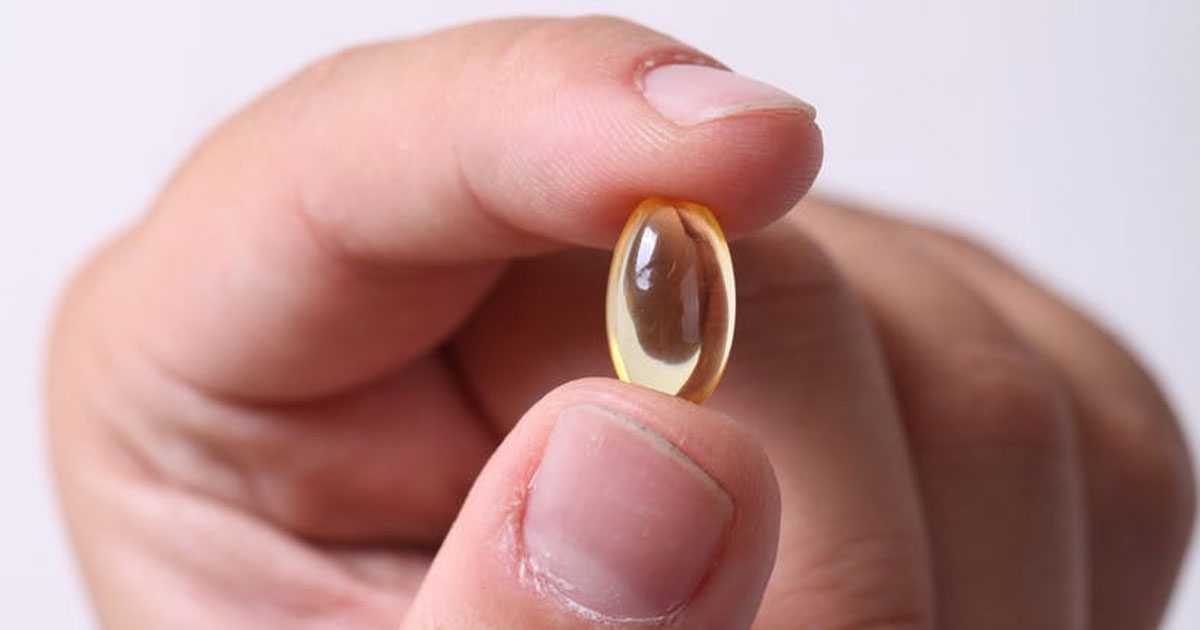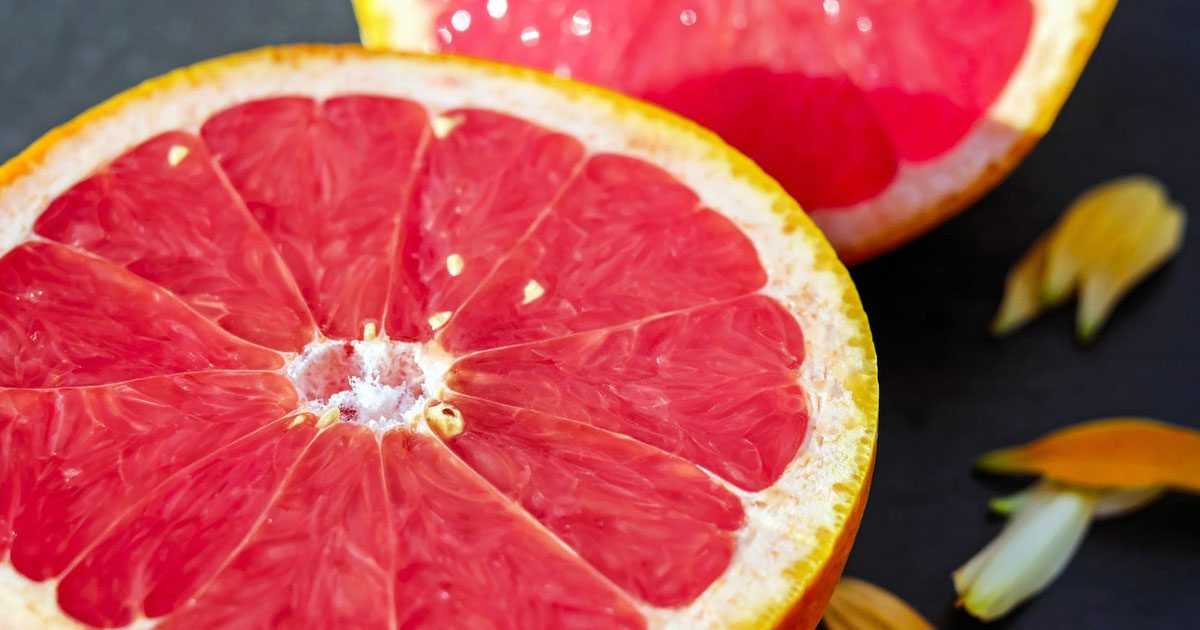Medicines being an integral part of human life today have been under extensive study. We know drugs might interact with each other but do you know that a particular drug might also be affected by the diet you are taking?
Drug-food Interactions:
A drug-food interaction occurs when your food and medicine interfere with one another’s usual function. This may cause a change in a body’s ability to process a specific food or drug, or result in a serious side-effect. These interactions may happen due to accidental misuse or because of insufficient knowledge about the active ingredients of both food and medicine.


Always take medicines as prescribed by your doctor. If you are having difficulty finding a good doctor log on to Marham.pk and book an appointment with the best general physician in Karachi, Lahore or any other main city of Pakistan. You may inquire about additional information regarding medicines from a pharmacist.
Checkout: Self-Medication, A Poison That Can Kill You
Not all medicines are affected by food. However, some are affected by both the type and time of food consumption. These interactions may sometimes be harmless, even beneficial for the patients, but most common drug interactions have shown adverse drug events.
1. Grapefruit Juice:
Among all fruit juices, grapefruit juice interacts the most with almost all types of drugs. The components of grapefruit juice modify the metabolism of the body in such a way that it affects the liver’s ability to make a drug work the through a person’s system.


2. Vitamin K:
Warfarin is commonly used to treat or prevent thromboembolism (obstruction of a blood vessel by a loosely circulating blood clot). Eating a large quantity vegetables that are rich in vitamin K (broccoli, brussels sprouts, kale, parsley, spinach, etc.) decrease the effectiveness safety of warfarin therapy.
3. Dairy Products:
Antibiotics are commonly used in drug therapies. It’s not suitable to take antibiotics with dairy products because their interaction may diminish the anti-infectious properties of antibiotics, and also elicit toxic effects.
Related: 6 Factors Affecting your Medicines
Milk products are rich with divalent ions, such as calcium and magnesium that bind with antibiotic to form complexes. These complexes prevent the absorption of the drug.
It’s necessary to know the relation between food and drug consumption because of a false interaction many cause negative effects on a person’s health instead of curing him or her.
As oral medicine is consumed and absorbed just like food, so the presence of food in the digestive tract may reduce the absorption of the drug. Therefore, patients should always discuss their dietary habits while receiving a prescription to avoid such interactions.

